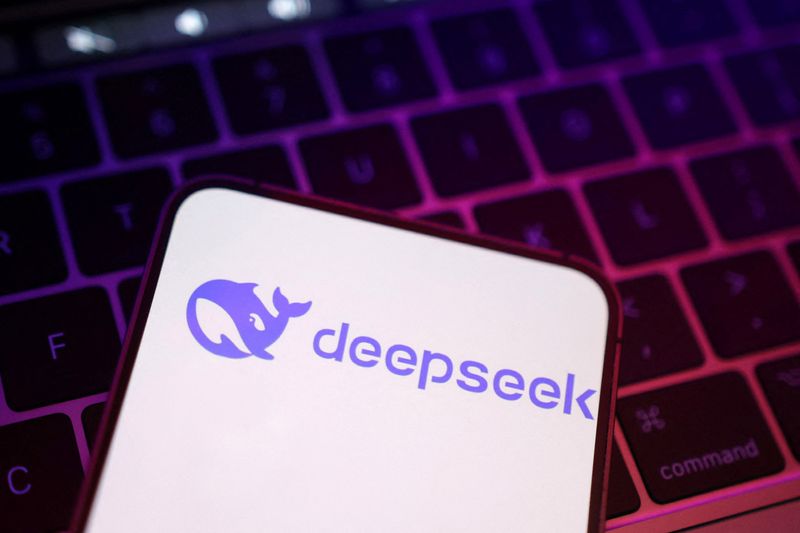DeepSeek, one of China’s rising AI stars, has been forced to delay the launch of its much-hyped R2 model after technical issues derailed training on Huawei’s Ascend chips, according to the Financial Times.
Instead, the company is relying on Nvidia’s H20 chips for training, while limiting Huawei’s Ascend processors to inference tasks. That tradeoff underscores Beijing’s ongoing struggle to reduce dependence on U.S. semiconductors, despite heavy pressure on local AI firms to pivot to domestic hardware.
The Hardware Bottleneck
Training large-scale AI models demands enormous computational power, making chip performance and reliability critical. DeepSeek’s difficulties highlight the reality: while Huawei’s Ascend chips offer political and strategic appeal, they have not yet matched Nvidia’s dominance in AI training.
Nvidia’s H20—still the most widely used AI chip in China—remains the backbone of DeepSeek’s R1 model and is central to development efforts at ByteDance, Tencent, and Alibaba. Even after U.S. export restrictions, Nvidia’s presence in Chinese AI labs continues largely unabated.
Geopolitics Meets AI
The setback is more than a technical hiccup. It reflects a broader tension:
- Washington’s export curbs have sought to choke China’s access to cutting-edge AI hardware.
- Beijing’s push for autonomy has pushed firms toward Huawei’s chips, despite lingering performance gaps.
- Security concerns run both ways: Beijing has flagged risks in using U.S.-made chips, while Washington blocked Huawei’s Ascend line for allegedly embedding restricted U.S. tech.
Racing Against Competitors
The delay comes at a moment of rapid acceleration in the AI space. Competitors have already rolled out models that boast speed and efficiency, such as Mistral’s Le Chat AI, which recently positioned itself as a new performance benchmark 【BitVision: Le Chat AI’s New Speed Champion】. For DeepSeek, lagging behind risks ceding both technical prestige and market share in an industry where momentum is everything.
What’s Next for DeepSeek?
Chinese media suggest the R2 model could launch in the coming weeks. But delays have already allowed rivals to seize headlines with their own AI rollouts. For DeepSeek, the challenge now is to prove that technical innovation can keep pace with geopolitical headwinds.
The bigger takeaway? China’s AI trajectory is not just about models—it’s about the silicon that powers them. Until domestic chips reach parity, Nvidia’s grip on the sector remains firm, no matter the politics.
